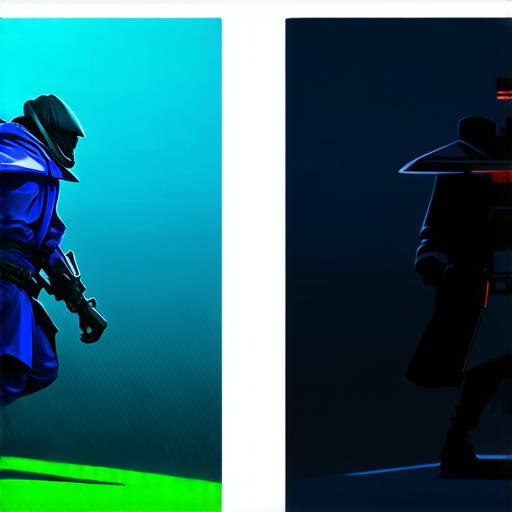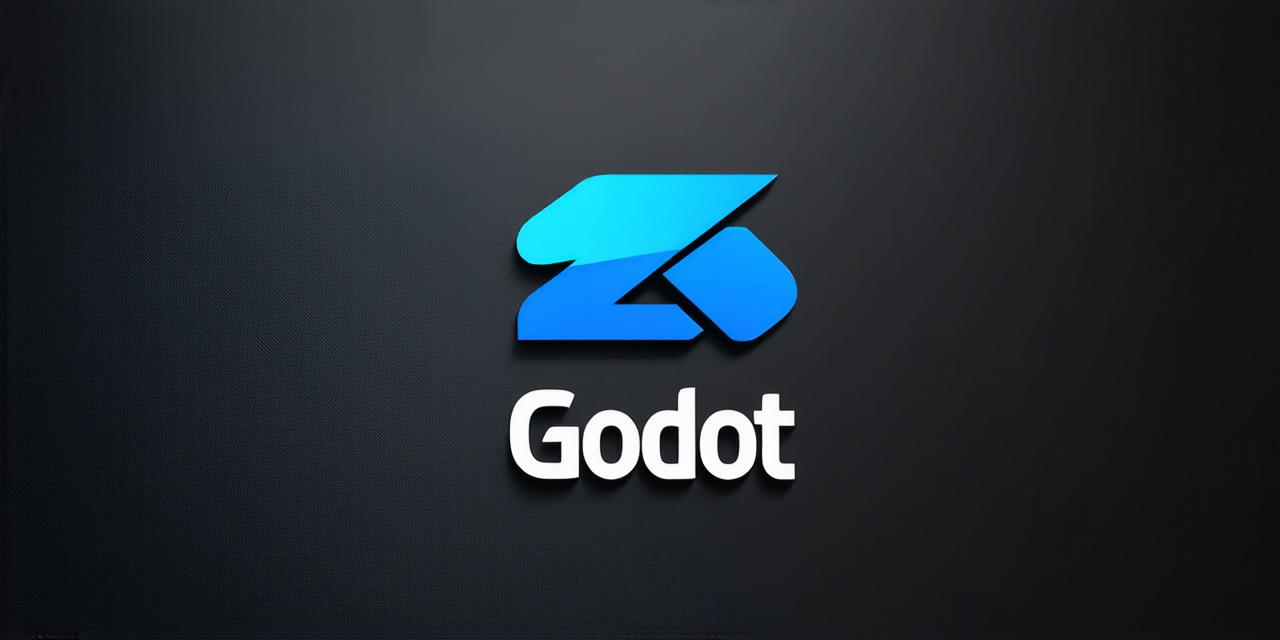Comparing Godot and Unity 3D: Performance, Usability, and Community Support
When it comes to building games, choosing the right game engine is crucial. Two of the most popular game engines today are Godot and Unity 3D.
Performance
One of the most important aspects of a game engine is its performance. A good game engine should be able to handle complex graphics, animations, and physics without slowing down the game. Both Godot and Unity 3D have their own strengths and weaknesses in terms of performance.
Godot is known for its fast rendering and efficient use of resources. It uses a unique approach called “scene-based rendering,” which allows it to render only the parts of the scene that are visible, reducing the amount of work needed to draw the entire screen. Godot also supports real-time animation and physics, making it suitable for building complex games with lots of moving objects.
Unity 3D is known for its powerful performance engine. It uses a technique called “batching,” which allows it to render multiple objects at once, reducing the amount of work needed to draw the entire screen. Unity also supports real-time animation and physics, making it suitable for building complex games with lots of moving objects.
In terms of performance, both Godot and Unity 3D are capable of handling complex graphics and animations, but Godot’s scene-based rendering makes it more efficient in terms of resource usage.

Usability
Another important aspect of a game engine is its usability. A good game engine should be easy to use and understand, even for beginners.
Godot is known for its simplicity and ease of use. It has a user-friendly interface that makes it easy for beginners to get started with game development. Godot also has a large community of developers who provide tutorials, plugins, and assets to help users build their games more efficiently.
Unity 3D is known for its powerful features and tools. It has a large number of built-in tools and features that make it easy to create complex games, such as animations, particle effects, and AI. Unity also has a large community of developers who provide plugins, assets, and scripts to help users build their games more efficiently.
In terms of usability, both Godot and Unity 3D are user-friendly and easy to use, but Godot’s simplicity makes it more accessible to beginners.
Community Support
A good game engine should have a strong community support network. This includes access to forums, documentation, plugins, and assets that can help users build their games more efficiently.
Godot has a large and active community of developers who contribute to the development of the engine and provide tutorials, plugins, and assets to help users build their games more efficiently. Godot also has a strong focus on open-source development, which means that its source code is available for anyone to access, modify, and distribute.
Unity 3D has a massive community of developers who contribute to the development of the engine and provide plugins, assets, and scripts to help users build their games more efficiently. Unity also has a strong focus on monetization, which means that it provides tools and features to help developers sell their games and apps.
In terms of community support, both Godot and Unity 3D have strong communities of developers who contribute to the development of the engine and provide support to users, but Unity’s focus on monetization makes it more suitable for commercial game development.
Case Studies
One of the best ways to compare and contrast game engines is to look at real-life case studies. Both Godot and Unity 3D have been used to create successful games in various genres, including action, adventure, puzzle, and simulation.
Godot was used to create the popular adventure game “Minecraft,” which sold over 100 million copies worldwide. Minecraft’s creator Markus Persson has stated that Godot made it easier for him to develop the game’s unique block-based gameplay mechanics and procedural generation algorithms.
Unity 3D was used to create the critically acclaimed action game “Titanfall,” which received numerous awards and nominations, including a BAFTA Games Award for Best Game. Unity also made it easier for the game’s developers, Respawn Entertainment, to implement complex graphics and physics in the game, including realistic weapon effects and destructible environments.
Summary
In conclusion, both Godot and Unity 3D are capable game engines with unique features and strengths that make them suitable for different types of games. Godot is known for its simplicity, ease of use, and efficient resource usage, while Unity 3D is known for its powerful tools and features, as well as its focus on monetization. Ultimately, the choice between these two engines will depend on a developer’s specific project requirements and personal preference.
